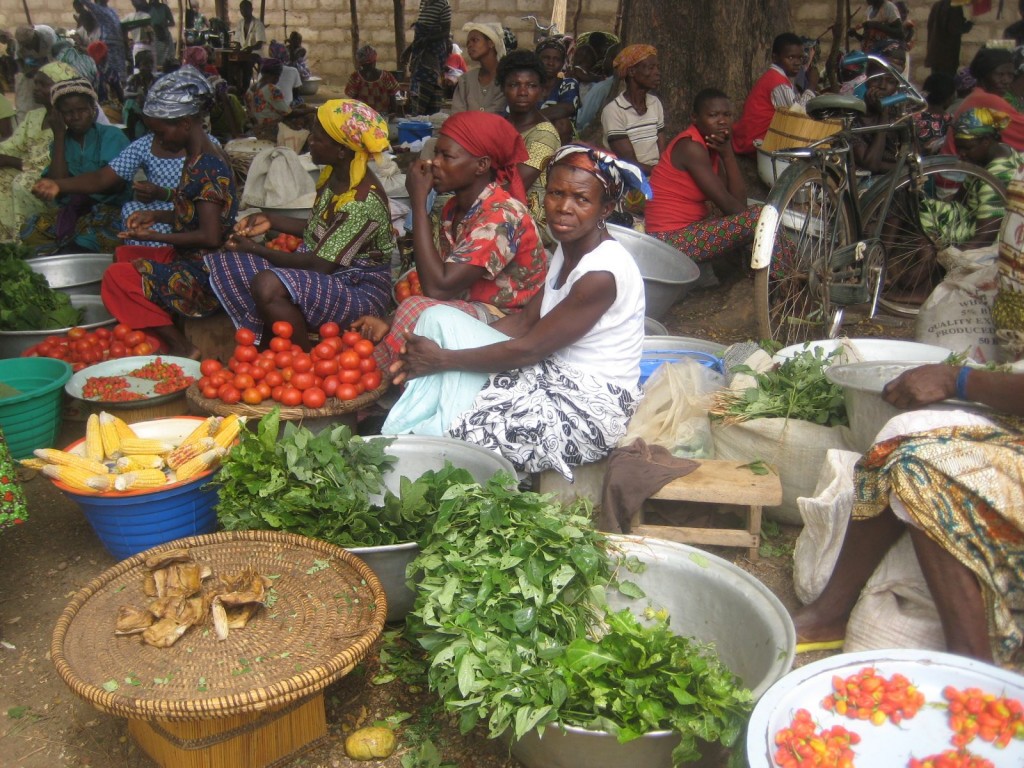According to the World Health Organization, approximately 7.6 million people a year die from cancer, and 70 percent of those deaths occur in poor and moderate-income countries.
A recent article in the New York Times addresses the many issues women in Uganda face to be treated for breast cancer. The challenges of stigma, poverty, and misinformation often cause women not to seek treatment for breast cancer until the cancer has reached an advanced stage. In addition, many women are unable to receive treatment when they seek it due to a lack or resources and equipment in the hospitals and treatment centers.
According to the article, the breast cancer rate in Africa seems to be increasing, with a predicted increase in incidence and death rates of over 50% in the next 20 years. Breast cancer patients in Africa tend to be younger, and are more likely to die, when compared to their counterparts in developed countries.
'“The story of breast cancer here is a miserable one,” said Dr. Fred Okuku, an oncologist at the Uganda Cancer Institute in Kampala, which treats about 200 women a year for breast cancer. “There is little information for the people who need to be helped. Only a few know how to read and write. Many don’t have TV or radio. There is no word for cancer in most Ugandan languages. A woman finds a lump in her breast, and cancer doesn’t cross her mind. It’s not in her vocabulary.”'
"Uganda is trying to improve the treatment of all types of cancer in ways that make sense in a place with limited resources." A new hospital and clinic were built at the Uganda Cancer Institute in Kampala, but they haven't been able to open yet due to a lack in equipment.
While breast cancer seems to be increasing throughout Africa, cervical cancer actually kills more women in the sub-Saharan regions. Ghana is located in West Africa and is part of the sub-Saharan regions affected greatly by cervical cancer. According to Dr. Chris Fofie, a prominent physician in Wa, Ghana, cervical cancer is the most prevalent form of cancer among women in Ghana. The trials faced by Ugandan women indicate how important it is for women to receive treatment for breast cancer early. This is also true for cervical cancer faced by women in Ghana.
As you may have read in our newsletters, MedPLUS Connect is partnering with Dr. Fofie to establish a cervical cancer screening and treatment program at the Wa Regional Hospital, in the Upper West Region of Ghana. An estimated 6.57 million women in Ghana are at risk for cervical cancer and cervical care is not routinely offered in the Upper West Region. To receive cervical care women currently have to travel up to 700km, if they are able to travel at all. The majority of Dr. Fofie's current patients have advanced stages of cervical cancer, which could have been caught earlier with a screening program like the one he is trying to establish. Dr. Fofie is a skilled physician who has dedicated his life to providing women's health care, especially targeting cervical cancer treatment and prevention.
Many of the supplies needed to establish the screening program are difficult to locate. We are seeking donations of and fundraising for a cryotherapy kit, diathermy machine, forceps, and colposcope, as well as speculums and tenaculums. These supplies will allow Dr. Fofie to begin a comprehensive screening and treatment program for cervical cancer. If you would like to make a donation or find out more information please contact me at director@medplusconnect.org.
Click here to read the NY Times article.












